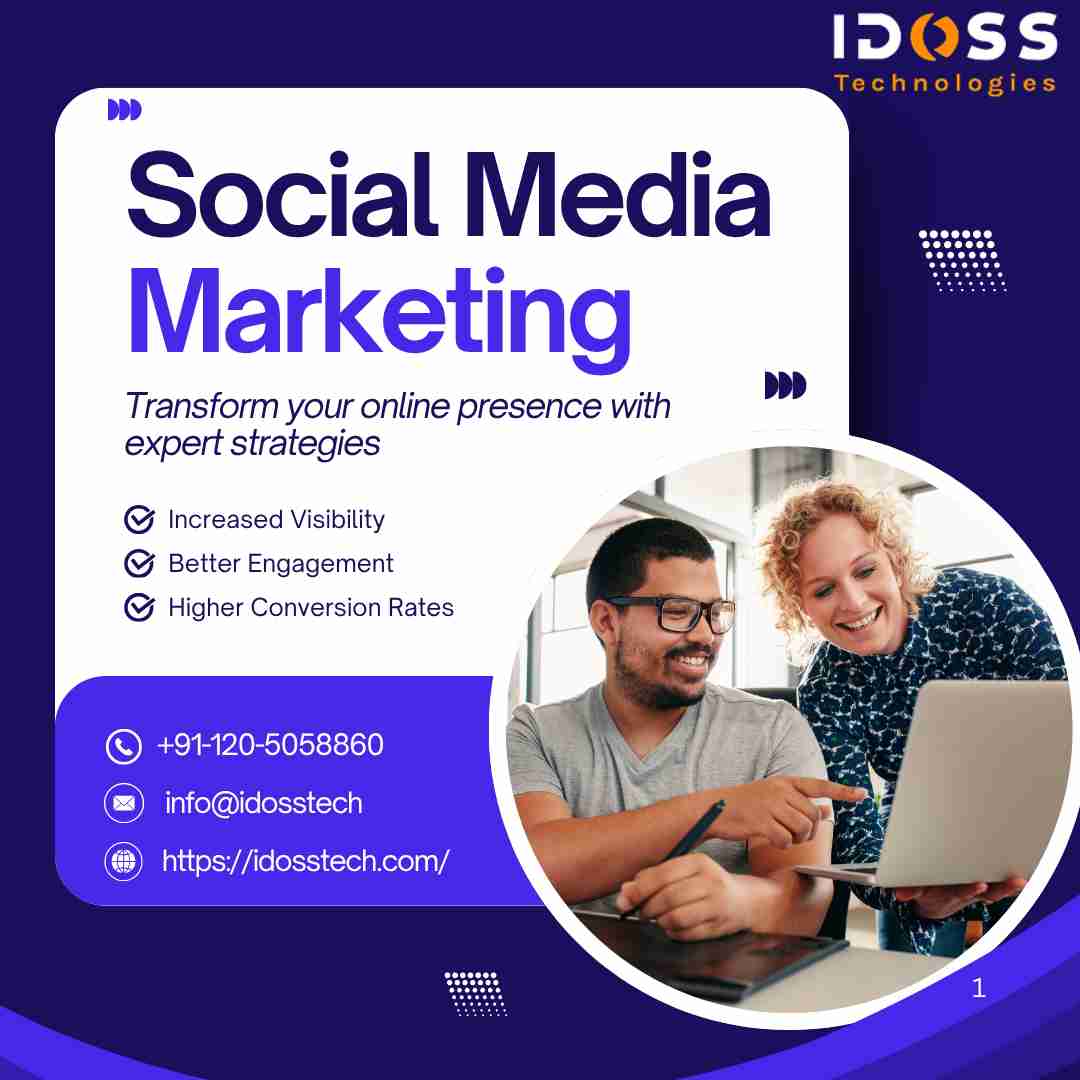Managing a small business in 2025 can be rewarding but challenging. From tracking sales and inventory to managing employees and finances, small business owners often juggle multiple tools, which can lead to inefficiencies and errors.
This is where ERP for small business
comes in. ERP (Enterprise Resource Planning) integrates all core business processes — finance, HR, CRM, inventory, and analytics — into one platform. With ERP, you save time, reduce mistakes, improve collaboration, and make smarter decisions.
What Is ERP for Small Business?
Enterprise Resource Planning (ERP) is an all-in-one business management software
that centralizes operations and automates workflows across your company.
Small businesses can benefit from ERP in several ways:
Real-Time Data Access: Monitor all departments in one platform
Automation: Reduce manual tasks like invoicing and payroll
Collaboration: Teams can work together efficiently
Decision-Making: Generate insights to guide strategy
Key ERP Modules for SMEs
Finance & Accounting: Automate invoicing, taxes, and cash flow tracking
Inventory Management: Track stock levels, purchase orders, and supplier relationships
Customer Relationship Management (CRM): Manage leads, sales pipelines, and support
Human Resources: Payroll, attendance, and employee records
Analytics & Reporting: Dashboards to monitor KPIs and business performance
👉 Explore our ERP modules
to see how they help small businesses optimize operations.
Why Small Businesses Should Adopt ERP
Centralized Operations: Unify all departments in one system
Time-Saving Automation: Reduce repetitive tasks and manual work
Scalable Growth: Add modules as your business expands
Improved Decision-Making: Access real-time insights for better strategy
Enhanced Customer Experience: Integrated CRM ensures fast, accurate responses
💡 Reference: Enterprise Resource Planning – Wikipedia
Challenges Small Businesses Face with ERP
Even with benefits, ERP adoption can be challenging:
Budget Constraints: Upfront investment or subscription costs
Employee Resistance: Teams need training and time to adapt
Data Migration: Moving old records to ERP requires planning
Over-Customization: Too many custom features can complicate updates
👉 IDOSS ERP offers ERP implementation services
to help SMEs avoid these challenges and deploy ERP smoothly.
Types of ERP Solutions
1. Cloud ERP
Subscription-based and cost-effective
Accessible from anywhere
Automatic updates and backups
Example: Oracle NetSuite
2. On-Premise ERP
Installed on local servers
Full control over data and customization
Higher upfront costs
3. Hybrid ERP
Combines cloud accessibility with local control
Best for businesses needing flexibility and security
How to Choose the Right ERP
Identify your business pain points
Determine essential modules for your operations
Evaluate vendors for reliability, features, and support
Test ERP systems via demos or free trials
Train your staff for smooth implementation
👉 Compare the best ERP solutions for SMEs
to find the right fit for your business.
Top ERP Software for Small Businesses in 2025
Odoo ERP
– Flexible, open-source, and modular
SAP Business One
– Enterprise-grade ERP for SMEs
Microsoft Dynamics 365 Business Central
– Cloud ERP integrated with Microsoft 365
Zoho ERP
– Affordable and user-friendly
NetSuite ERP
– Cloud-based ERP for scaling SMEs
TallyPrime ERP – Popular in India for finance and accounting
ERP Best Practices for Small Businesses
Start with essential modules and expand gradually
Clean and organize your data before migration
Limit customization to maintain ease of updates
Train your team thoroughly for adoption
Track KPIs like cost savings, efficiency, and customer satisfaction
💡 Recommended Reading: Workday Blog – How to Choose ERP for Small Businesses
Advantages of Cloud ERP
Cloud ERP is increasingly popular among SMEs because it provides:
Lower Costs: No heavy infrastructure or maintenance needed
Remote Accessibility: Work from anywhere on any device
Automatic Updates: Software upgrades handled by the vendor
Scalability: Easily add users or modules as business grows
Examples: NetSuite ERP
and Zoho ERP
Conclusion
In 2025, small businesses cannot rely on spreadsheets or multiple disconnected apps. Implementing ERP for small business
streamlines operations, reduces errors, improves customer service, and supports scalable growth.
Cloud ERP solutions bring enterprise-level technology within reach for SMEs, enabling smarter growth, data-driven decisions, and better operational control.
👉 Start your ERP journey today with IDOS ERP Solutions






